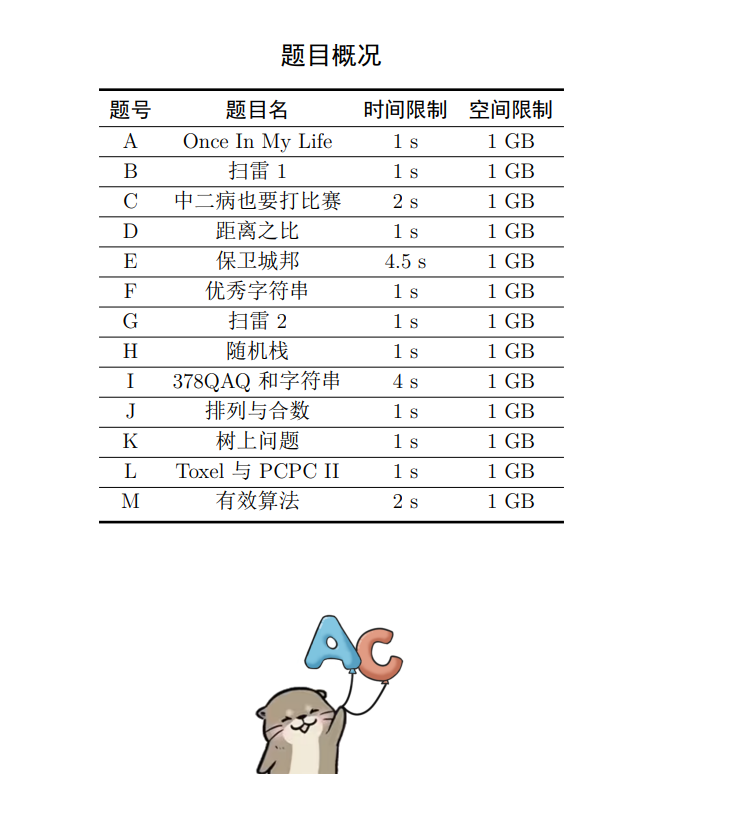1
2
3
4
5
6
7
8
9
10
11
12
13
14
15
16
17
18
19
20
21
22
23
24
25
26
27
28
29
30
31
32
33
34
35
36
37
38
39
40
41
42
43
44
45
46
47
48
49
50
51
52
53
54
55
56
57
58
59
60
61
62
63
64
65
66
67
68
69
70
71
72
73
74
75
76
77
78
79
| #include <bits/stdc++.h>
using namespace std;
#define int long long
const int mod = 1e9 + 7;
int cnt[20];
void muti(int c[][2], int a[][2], int b[][2])
{
int tmp[2][2] = {0};
for (int i = 0; i < 2; ++i)
for (int j = 0; j < 2; ++j)
for (int k = 0; k < 2; ++k)
tmp[i][j] = (tmp[i][j] + a[i][k] * b[k][j]) % mod;
memcpy(c, tmp, sizeof tmp);
}
void qmi(int c[][2], int i, int k)
{
int res[][2] = {{1, 0},
{0, 1}};
int t[][2] = {
{10, 0},
{i, 1}};
while (k)
{
if (k & 1)
muti(res, res, t);
muti(t, t, t);
k >>= 1;
}
memcpy(c, res, sizeof res);
}
void solve()
{
int m;
cin >> m;
for (int i = 0; i < 10; ++i)
cin >> cnt[i];
int st = 0;
if (m == 1 && cnt[0])
{
cout << 0 << '\n';
return;
}
for (int i = 1; i < 10; ++i)
{
if (cnt[i])
{
st = i, cnt[i]--, m--;
break;
}
}
int o[][2] = {
{st, 1},
{0, 0}};
for (int i = 0; i < 10; ++i)
{
if (!m)
break;
if (cnt[i])
{
int bit[][2] = {
{1, 0},
{0, 1}};
int num = min(cnt[i], m);
qmi(bit, i, num);
muti(o, o, bit);
m -= num;
}
}
cout << o[0][0] << '\n';
}
signed main()
{
ios::sync_with_stdio(0), cin.tie(0), cout.tie(0);
int _;
cin >> _;
while (_--)
solve();
}
|





